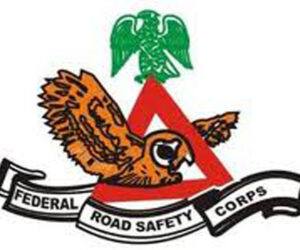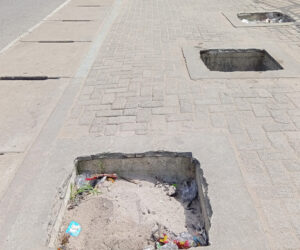The Chairman of the Presidential Committee on Fiscal Policy and Tax Reforms, Taiwo Oyedele, says President Bola Tinubu’s administration is not responsible for introducing the controversial 5% surcharge on fuel.
He explained that the surcharge was first enacted in 2007 but was never implemented because the government at the time was paying fuel subsidies.
“One very important message for people to know is that this surcharge was not introduced by this government. It was introduced in 2007,” Oyedele said during a Channels Television programme on Tuesday.
SPONSOR AD
“And then it was not implemented because the government was subsidising fuel.”
The clarification comes amid widespread criticism and speculation that the surcharge would take effect from January.
The levy requires a 5% payment on every litre of fuel purchased, sparking concerns among citizens.
Oyedele stressed that the surcharge was not part of the new tax bills signed into law by President Tinubu earlier in the year.
“While we were doing this tax reform, it was not even in the original proposal, so it was not like the President proposed it to the National Assembly,” he explained.
“But in the process of working on the bills, these issues came up, and then the decision was made that we should not have different agencies collecting taxes.”
According to him, the law mandates the Federal Road Maintenance Agency (FERMA) to collect the surcharge, with 40% allocated to the Federal Government for road projects and 60% to the states.
He added that there is no official timeline yet for its implementation despite the rumours.
Labour unions and civil society groups have condemned the plan, warning that it will worsen hardship for Nigerians already struggling with high fuel costs. The Trade Union Congress has even threatened to go on strike if the policy is enforced.
But Oyedele argued that the surcharge, when eventually implemented, would strengthen road infrastructure across the country and ultimately benefit Nigerians.
Oyedele’s comment is coming days after he said the policy mirrors global practice and that more than 150 countries is implementing it.
He said these fuel related charges ranging between 20 and 80 percent was meant to secure sustainable investment in road infrastructure, improve safety and reduce travel time and cost.
Daily Trust reports that late President Umaru Musa Yar’Adua was in the nation’s saddle in 2007.
However, successive governments after Yar’Adua also avoided its implementation, fearing backlash from citizens already sensitive to fuel price hikes.








